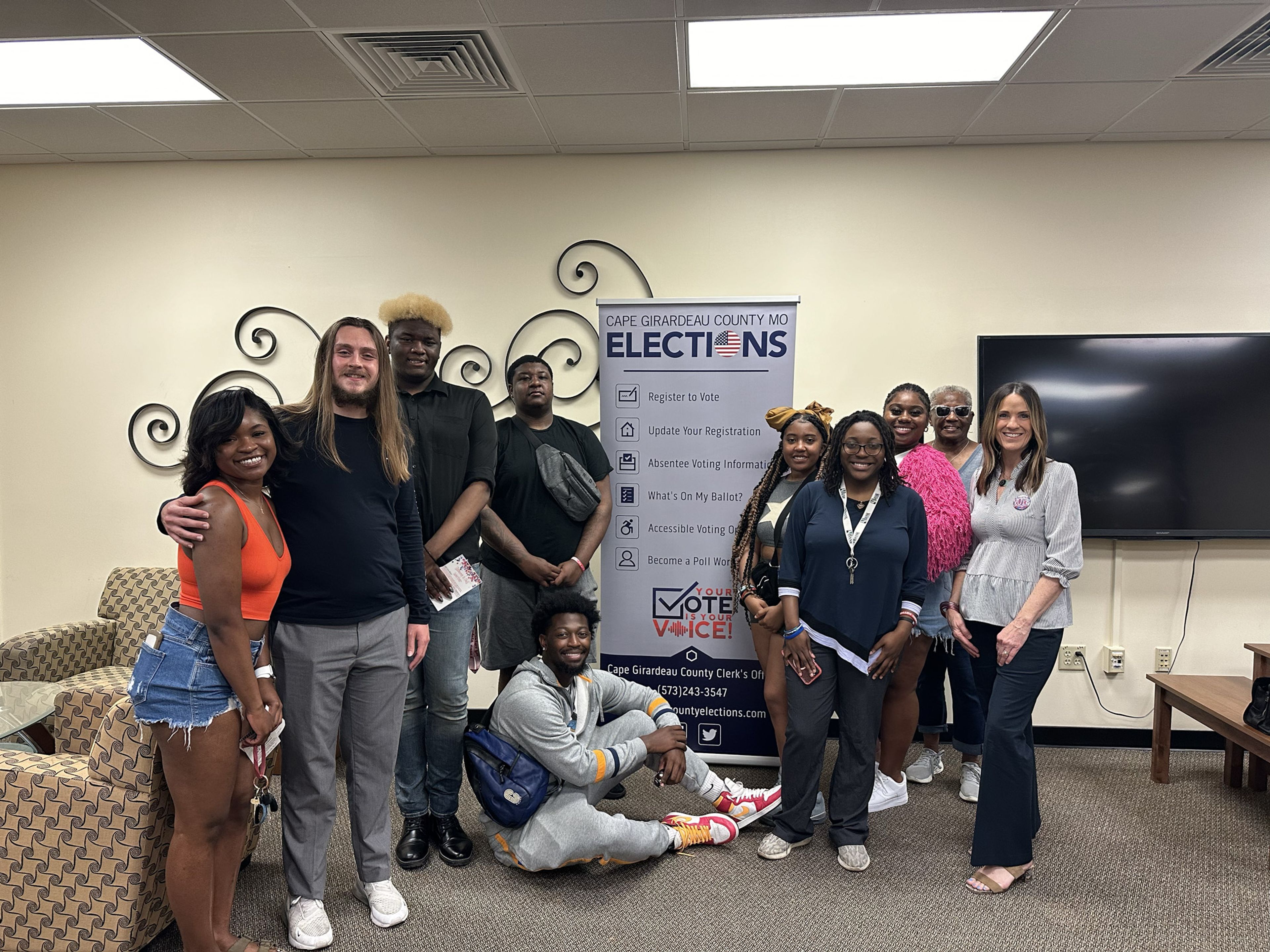A study abroad workshop will be held this Wednesday at noon in the University Center Heritage Room at Southeast Missouri State University to educate students about the affordability of studying abroad.
"Some students who know they will study abroad will put away money and work in their spare time," director of International Programming Suzanne McKinney said. "Some will take student loans for more than the cost [of the trip] to cover expenses, and sometimes families will contribute money for the student to have the opportunity to go and see what they want to."
However, students who cannot afford to take out loans or set savings aside can apply for scholarships. McKinney said students should apply for both federal travel scholarships and private club scholarships before taking out loans.
The university also has agreements with many foreign colleges to exchange students from both home and abroad, therefore allowing students to receive scholarships from international institutions. Students interested in studying abroad can make an appointment with a financial aid adviser to learn more.
Another common misconception is that students must speak a foreign language to travel abroad. Consequently, most of the students at Southeast that take advantage of travel scholarships are foreign language majors. Most students do not realize there are other English-speaking countries and many counties offer courses taught in English.
In addition to the semester-long exchange program, there is a short-term exchange option. Short-term exchange students travel in groups with a faculty member, such as the Costa Rican exchange group that visited Southeast in February.
"They stayed for 10 days, but we have long- and short-term trips anywhere from a semester to two weeks," said Caitlan Hester, an International Programming intern at Southeast, who has been abroad.
The University of Costa Rica has an agreement Southeast as well as universities in Florida and Jamaica. The group was under the guidance of Senor Jimmy Washburn, a professor of philosophy at the university. The exchange students stayed with a Southeast student for five days and a family for five days to experience as much of the native life as possible in the short time they were here. American exchange students most often stay in dormitories or flats while they are abroad.
"How we feel about it is they aren't here to do a bunch of sightseeing," Hester said.
International Programming receives a lot of help from the Anthropology Club to get Southeast students involved with their foreign counterparts.
"They are basically the boots on the ground, the soldiers in the field," McKinney said. "The Anthropology Society is typically the first group of volunteers they go to for home stays, shopping and students they can attend class with. Some foreign students attend classes to see what a university class in America is and how it compares to the classes and majors of the students in Costa Rica."
Unlike Costa Rican exchange students, who are invited on trips abroad as a result of good grades, Southeast students can simply apply for trips. McKinney encourages American students who are interested in studying abroad to focus on a country they can apply to their major.
"If you are a business major, look into what other countries are offering that are big in business," McKinney said. "Look for Japan or China."
Southeast will be sending a short-term student exchange group to Madrid in May. Students who are interested in studying abroad may contact McKinney for more information at 573-986-6751 or by email at smckinney@semo.edu.




